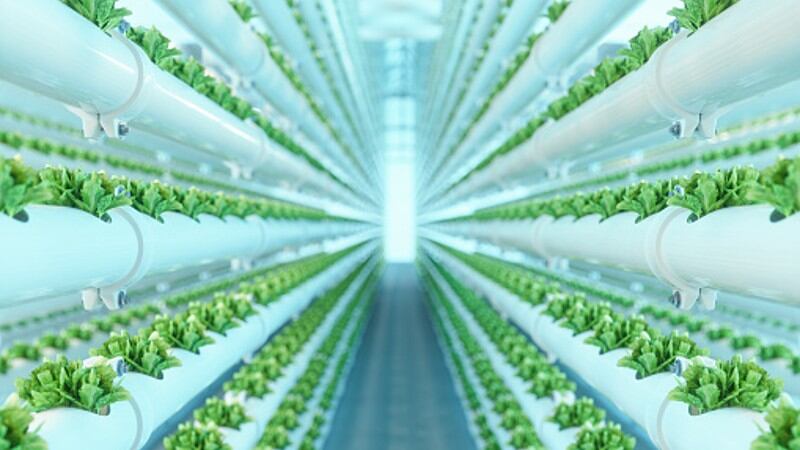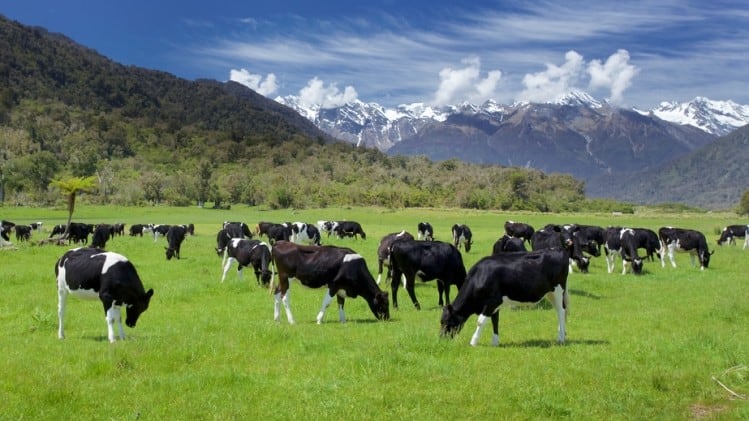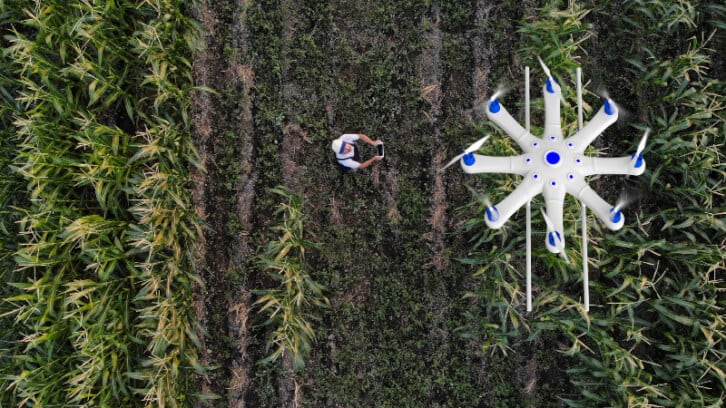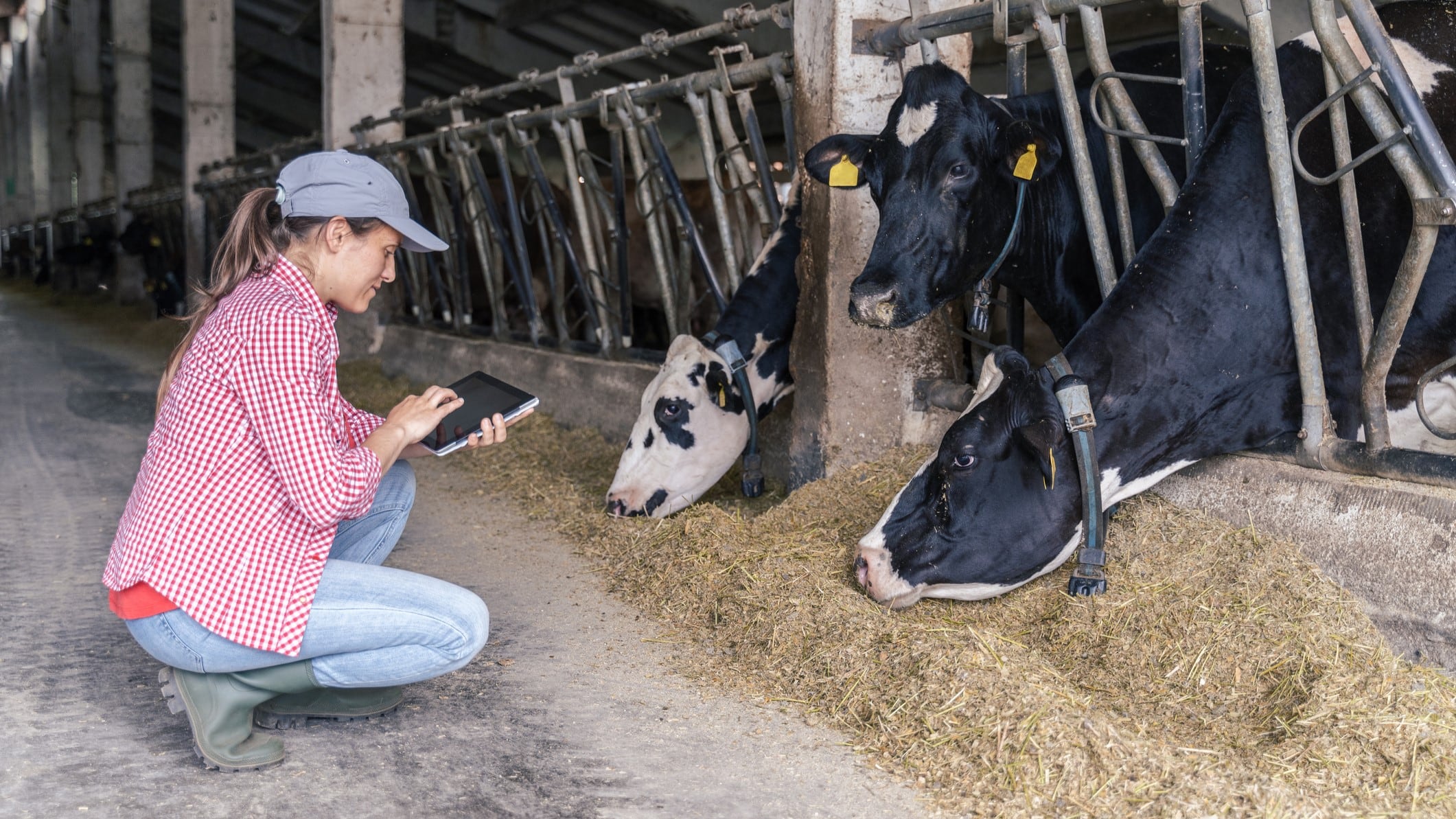Siemens and Artisan Green recently signed an MoU at the Industrial Transformation Asia-Pacific 2023 (ITAP) in Singapore to collaborate in the aspects of automation and digitalisation to improve the latter’s crop quality and efficiency.
According to Siemens, this is a prime example of how Singapore is well-positioned to emerge as a major hub when it comes to vertical farming technologies.
“Singapore is limited in terms of land area, but when it comes to the research and development aspects, there is very strong potential here for it to become the brain behind technological innovations required for vertical farming and other agritech developments,” Siemens ASEAN Head of Digital Industries Isabel Chong told FoodNavigator-Asia after the MoU signing event.
“There is a heavy dependence on food imports here, accounting for over 90% of our food supply, and this exposes us to potential food security risks – [This is] why we need new ways of smart farming that integrate automation and digitalisation, so as to produce more with less, and to produce locally.”
Vertical farming is one of the major agricultural technologies hoped to help Singapore achieve its 30 by 30 goal, which is to generate 30% of local nutritional needs locally by 2030.
“The low availability of land here also means that the potential for vertical farming is very high, especially with strong government support here helping many start-ups to develop the technologies required to solve this problem,” Siemens APAC Head of Digital Industries Factory Automation Sascha Maennl told us.
“What we are mainly doing in our partnership with Artisan Green is to translate their plant science expertise into technology and engineering and then automate this as well as make it easily scalable as a form of edge technology, which allows any changes to the overall system to be replicated across multiple devices.
“This allows the technology to essentially be moved from one rack of plants to 100 racks of plants with very little effort, and thus allows conditions and parameters to adapt according to the desired output.”
In vertical farming, the four major parameters of focus are water, light, temperature and fertiliser, all of which automation allows easy management of with minimal effort,
“This is a highly scalable integrated Farm Management System, and managing these four parameters makes for the capability to change many things – for instance increasing blue light usage can bring out stronger aromas in basil or lavender, or overall increased light exposure can lead to redder, sweeter tomato production.
“Conversely, decreasing temperatures can cause tomatoes to ripen slower, for which there is a strong case for cutting food wastage and improve supply chains – for instance, if supermarkets make large orders once a month but there is less need for crops in another part of the month, decreasing the temperatures can ensure that the crops ripen slower and thus are ready just in time for the order schedule without generating extra food waste.”
Digitalising plant science
According to Artisan Green Founder Ray Poh, Singapore’s major strength is in the area of human capital, and focus must be placed on developing this to maximise this strength.
“Artisan Green is building a cloud platform focused on plant science knowledge that can benefit vertical farmers anywhere in the world,” he told us.
“The fact is that plant scientists are very expensive but crucial to grow this industry, so it is key to effectively utilise any plant science knowledge and achieve a multiplier effect to benefit and scale up.
“Given our strong human capital, if we can develop this digital knowledge platform here and this is utilised by farmers in other markets as well, this will essentially become a type of digital economy that can generate revenue for Singapore from R&D as well.”
He added that the partnership with Siemens has been key in helping Artisan Green to reduce both electricity usage and the amount of labour required, in addition to boosting up yields.
“The tech is projected to boost our current vegetable and herb yields by 25-fold, and reduce a 95% reduction in water usage compared to traditional farming,” he said.
“This along with our own proprietary Precision Nutrient Injector, a chilled water cooling system and Siemens’ energy management software [has helped to] effectively reduce energy consumptions [and our] new farm is projected to operate at only 15 kWh per kilogramme of produce.
“Overall, the aim is to achieve greater production volumes at a lower operating cost [and] we also fully intend to set a new benchmark for hydroponics operations and hi-tech agriculture in Singapore and the world."





